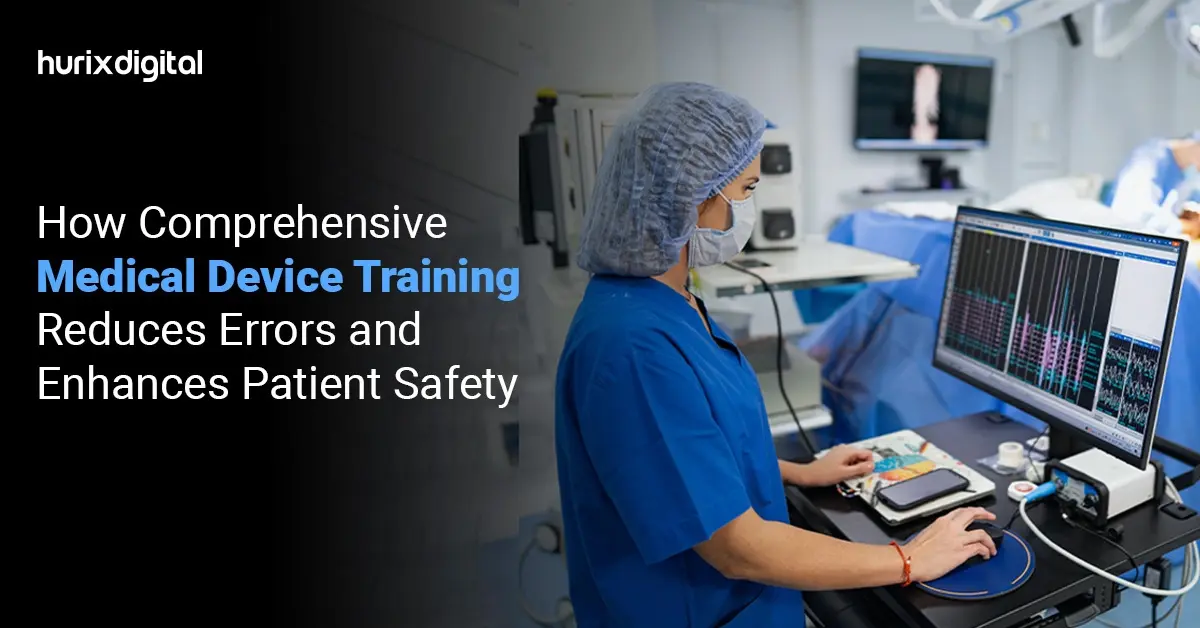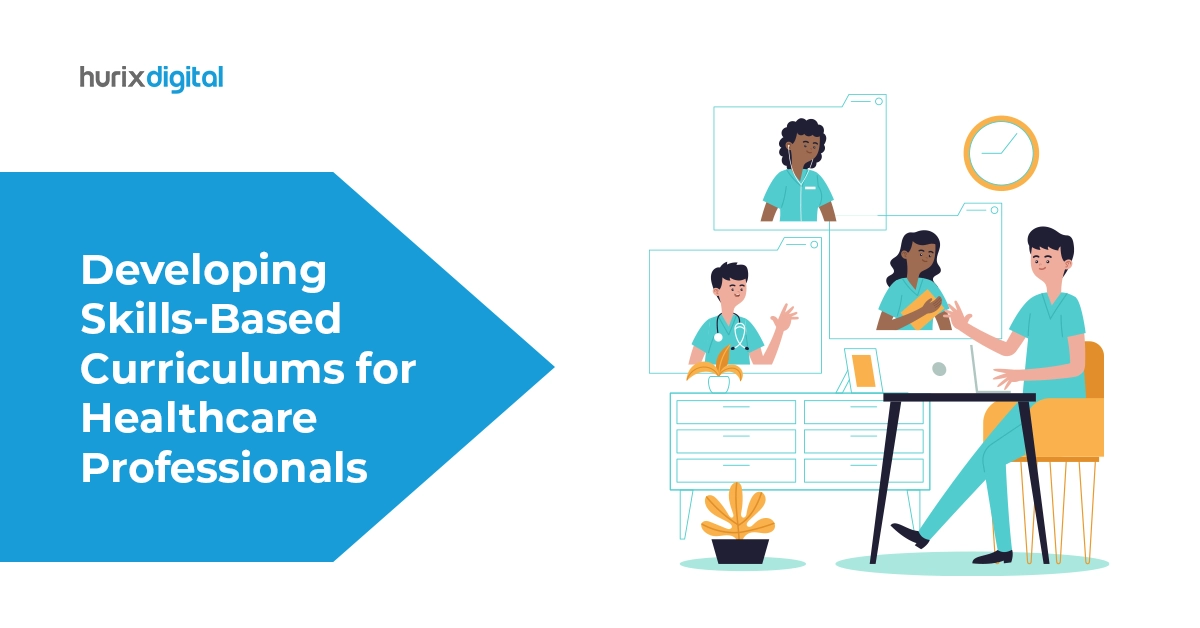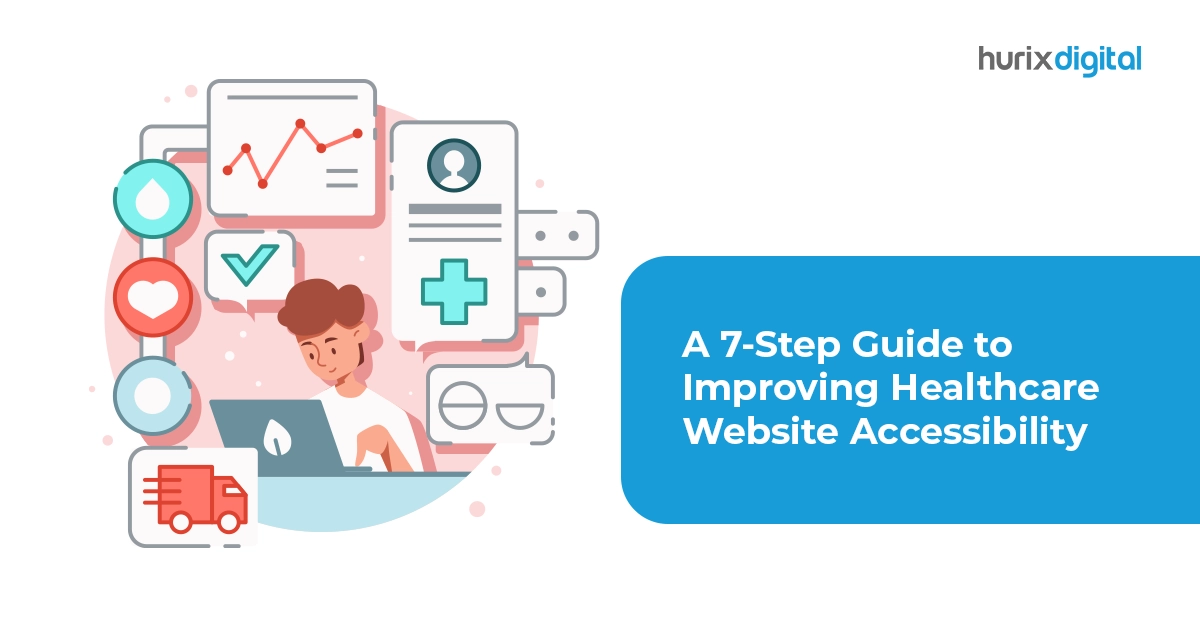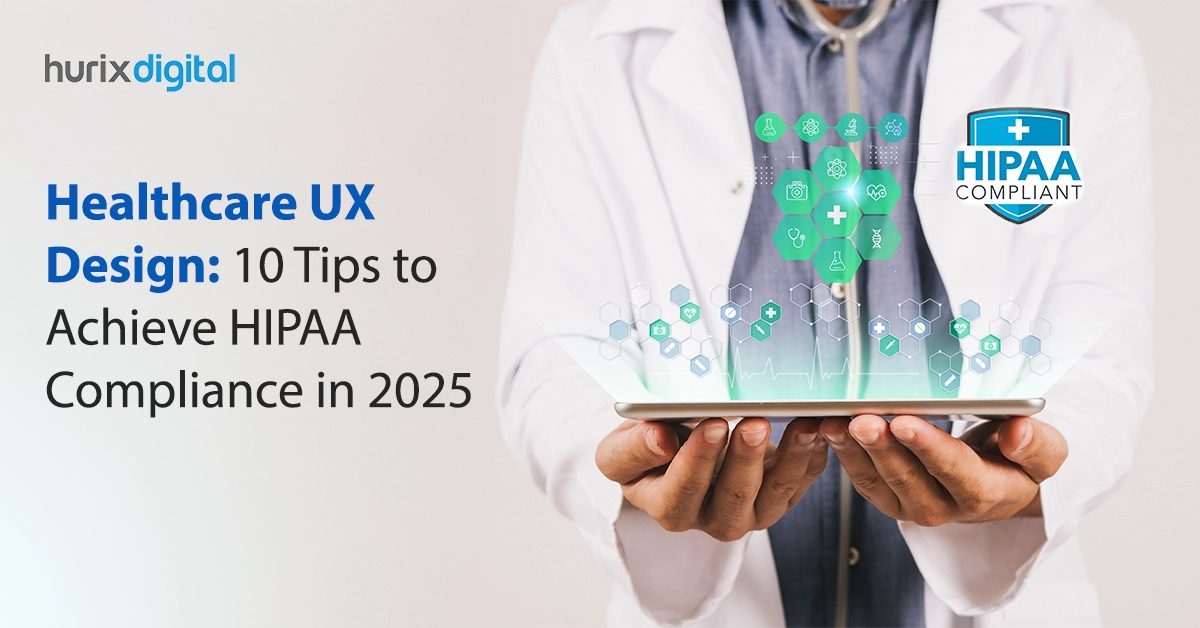
How Comprehensive Medical Device Training Reduces Errors and Enhances Patient Safety?
Summary
This blog examines healthcare compliance training’s role in enhancing patient safety, detailing effective program elements and benefits like improved decision-making and better-trained professionals, impacting patient care.
The safety of patients is and always is the objective of any organization that is related to healthcare. That said, according to the WHO, nearly 1 in every ten patients does not have a positive outcome when they receive healthcare–a situation that results in nearly 3 million deaths annually.
According to the WHO’s Global Patient Safety Report for 2024, medications, medical devices, and surgical or procedural issues were the major causes of patent harm–situations that could have been avoided with better healthcare compliance training.
Comprehensive training equips healthcare professionals with all the essential skills to navigate complex clinical scenarios and utilize medical devices correctly and effectively while adhering to the safety protocols that govern their use.
Training methodologies that leverage the latest technology can significantly enhance patient outcomes and reduce preventable harm. This blog will explore the various elements and benefits of such training programs, which can help healthcare providers better serve their patients.
Table of Contents:
- Why is Healthcare Compliance Training a Necessity to Improve Patient Safety?
- What are the Core Elements of an Effective Healthcare Training Program?
- What are the Key Benefits of Healthcare Compliance Training, and How Does it Impact Patient Safety?
- Summing Up
Why is Healthcare Compliance Training a Necessity to Improve Patient Safety?
Patient safety, also known as high-quality patient care, relies on two major factors: healthcare professionals with all the necessary skills to address patient needs accurately and knowledge of regulatory standards to ensure that care is delivered according to tried-and-true industry standards and best practices.
Healthcare compliance training helps address all of the above. At its core, it encompasses a broad spectrum of areas, including safety protocols, mastering the use of medical devices, and the know-how to adhere to clinical and ethical guidelines while imparting patient care.
The WHO’s patient safety report reference above clearly shows that non-compliance with safety standards is a major contributor to preventable medical errors. Something as simple as medical device training can address 15% of bad medical outcomes.
Similarly, simulation training for healthcare professionals can help mirror real-world surgical scenarios and give them a platform to build confidence and improve their decision-making under pressure in a controlled environment. In short, such training should be an indispensable component of any healthcare organization committed to excellence.
Also Read: Online Continuing Medical Education (CME): Trends and Best Practices in eLearning
What are the Core Elements of an Effective Healthcare Training Program?
A robust workforce learning and development program for the healthcare sector should essentially contain the following:
1. Soft Skills Training
Soft skills are essential to delivering high-quality patient care. It instills active listening skills, which allows healthcare professionals to communicate effectively with patients, which is crucial to gaining their trust while being able to deliver instructions to their peers with precision and clarity.
Soft skill training essentially equips healthcare professionals to deal with high-pressure situations with professionalism and clarity of instructions, both of which are vital to positive patient outcomes.
2. Process Training
Healthcare is subject to numerous regulatory frameworks. Process training focuses specifically on mastering Standard Operating Procedures (SOPs) in this sector (be it with medical manufacturing or delivering care) with methods like Lean Six Sigma that help improve efficiency, minimize the occurrence of critical errors, and deliver care in a manner that matches the highest of delivery standards.
3. Onboarding
Onboarding training is crucial to ensuring that all new hires are equipped with all the vital knowledge required for their new roles. This customized training focuses on organizational policies and the fundamentals of using medical devices as intended and covers all applicable regulatory standards.
4. Technical Proficiency
Technical training ensures healthcare professionals can operate and maintain medical devices as per the manufactures protocols. This training also includes detailed instructions on device mechanics and how to troubleshoot them if the situation arises.
5. Clinical Application Training
Theoretical knowledge, while essential, is very different from experience gained from real-world clinical experience. This form of training focuses on bridging the gap between the two and covers everything from device selection to its application across a multitude of clinical settings and scenarios.
What are the Key Benefits of Healthcare Compliance Training, and How Does it Impact Patient Safety?
To fully realize the impact of healthcare compliance training, it’s essential to understand the tangible benefits these programs offer healthcare professionals. These initiatives directly contribute to enhanced patient care and operational excellence.
1. Improved Decision Making
The ability to make sound decisions as a decision-maker in a healthcare organization or as a healthcare professional amidst a life-or-death medical situation is the cornerstone of patient care. Customized training via digital learning solutions can equip medical professionals with structured frameworks to address these complex scenarios.
In addition, leadership training and development initiatives incorporated into these programs can further improve patient care by instilling leadership qualities like accountability, efficient delegation, and the ability to manage medical teams better.
2. Better Trained and Confident Healthcare Professionals
The technologies used in the latest healthcare compliance training programs go a long way toward effectively addressing skill gaps. AR/VR technologies can simulate real-world clinical scenarios. At the same time, AI can help create personalized learning solutions to address individual skill gaps across employees of all specialties and varying levels of experience. As a result, healthcare professionals can deliver high-quality patient care with confidence and precision.
3. Address Common Employee Training Challenges
The above corporate e-learning solutions also address multiple employee training challenges that plague traditional in-person training methodologies. They can deliver training in multiple formats and can be customized to the evolving needs of healthcare teams.
Also Read: Top 6 Strategies to Enhance Engagement in Digital Medical Learning
Summing Up
Healthcare compliance training is the best way to improve patient care in any healthcare organization. These programs focus on the critical areas that have the maximum impact on patient care, such as effective communication, decision-making, and proper use of medical devices.
They also help organizations stay compliant with the highest possible standards of care. Coupled with the latest techs like AI, AR, and VR, these programs help deliver the best possible care with a high percentage of good patient outcomes.
If you are a healthcare leader or instructional designer looking to achieve the same for your teams, consider Hurix Digital. We combine innovative digital learning solutions with extensive expertise to provide comprehensive training solutions tailor-made for the healthcare industry.
Get help from us today to take the first step toward transforming patient care in your organization.

A highly enthusiastic and motivated sales professional with over twenty five years of experience in solution selling of training-related applications and services. Maintains an assertive and dynamic style that generates results. Ability to establish long-term relationships with clients built on trust, quality of service and strategic vision. Specializes in financial services, higher ed, publishing and government in the areas of learning and development.








